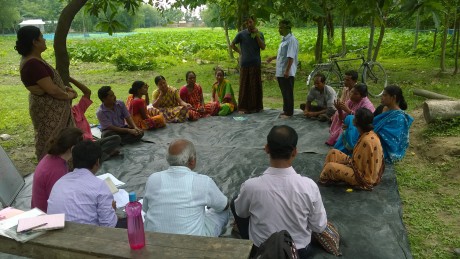A manual for critical discussions on gender norms, roles and relations
This manual contains everything required to conduct a three-hour gender training workshop, especially as part of a larger development project.
Participants will reflect on their own gender perceptions, critically discuss gender roles at home and in the community, and develop bargaining skills through role play. The activities and discussions arose from science-based learning theories, with the intent of radically flattening predominant top-down communication structures.
The component parts are detailed below; click on the pictures to download the relevant PDF file, or download the full manual.
If you have used the manual, please take our brief survey.
Watch a documentary of the training in action:
Introduction
Who can use this manual, and why? Includes key definitions for terms like gender and participatory.
Preparation and Facilitation
What is needed for successful use of the manual? How to facilitate and introduce the training.
Activity 1: Boy or Girl?
Participants describe why they would rather have a son or a daughter, beginning the process of critical self-evaluation of gender stereotypes and expectations.
Discussion 1: Gender vs Sex
This guided discussion on the differences between gender and sex is a transformative concept for many participants.
A2: Gender Position Bar
Participants reflect on the types of labor that women do, and the types of labor that men do. Why are they different? What is the effect of this difference?
D2: Visioning Successful Male and Female Farmers
Participants imagine the opportunities and challenges that confront a female and a male farmer.
A3: Bargaining Roleplay
A fun and creative activity where participants play the role of the opposite gender and interact with other switched gender participants in locally relevant skits.
D3: Beyond the Workshop
Participants reflect on what they have learned and discovered, and share ways to bring this experience to their larger community.
Workshop Evaluations
Three different tools for tracking participation and engagement during and after the workshop.
If you have used our training manual, please take our brief survey.
Further references and copyright
Thank you to our partners, the International Water Management Institute (IWMI), the Centre for the Development of Human Initiatives (CDHI), SAKHI, and iDE Nepal, and our donor, the Australian Centre for International Agricultural Research (ACIAR).
![]()

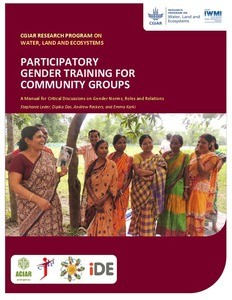
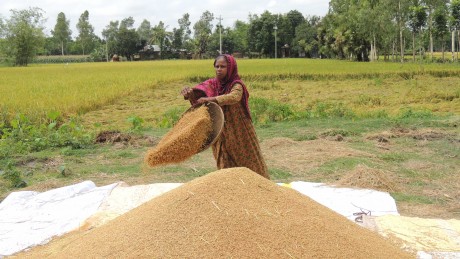
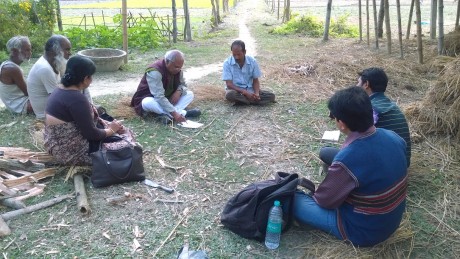
/index.jpg?itok=i6Vy6x7f)
/index.jpg?itok=a2iNCItO)

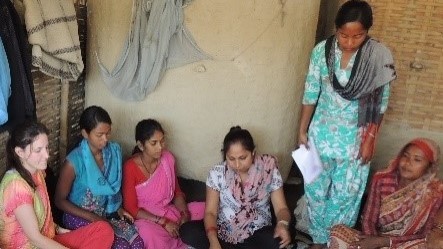
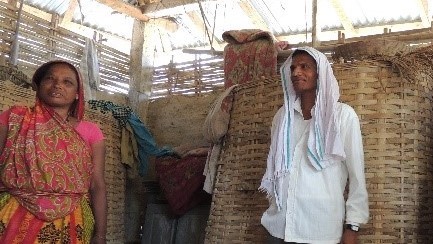
/index.jpg?itok=6M8ryNxj)
